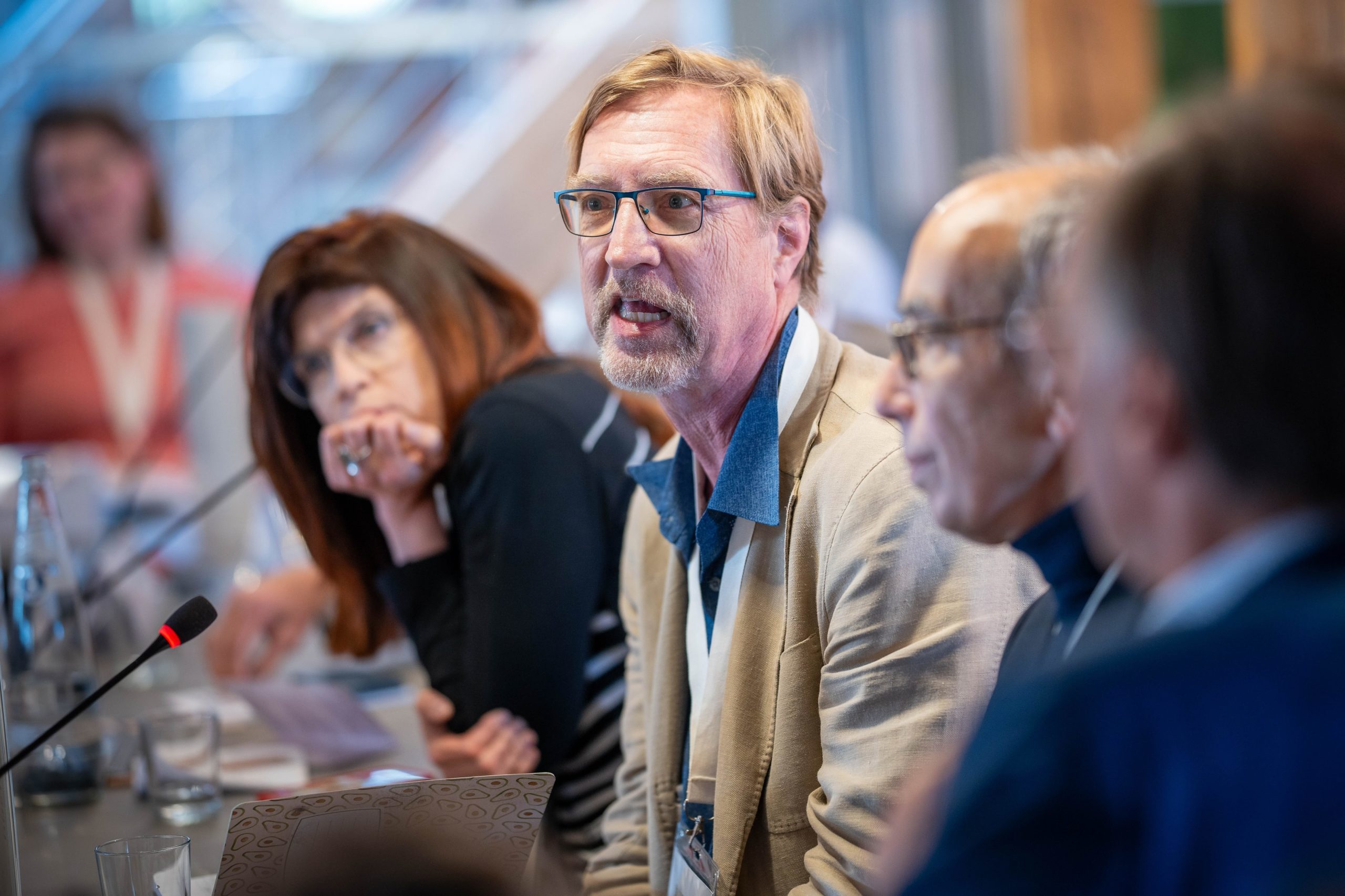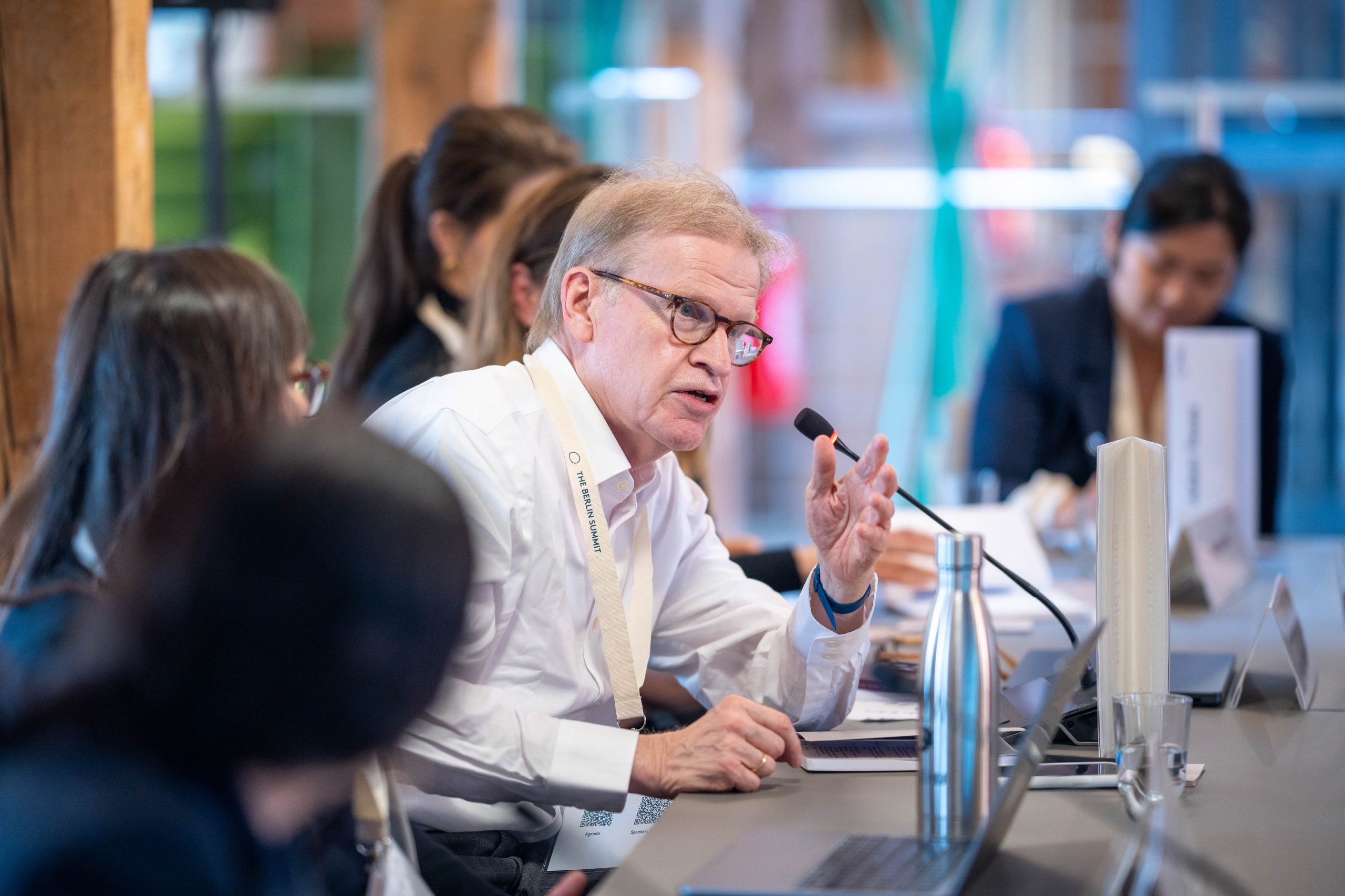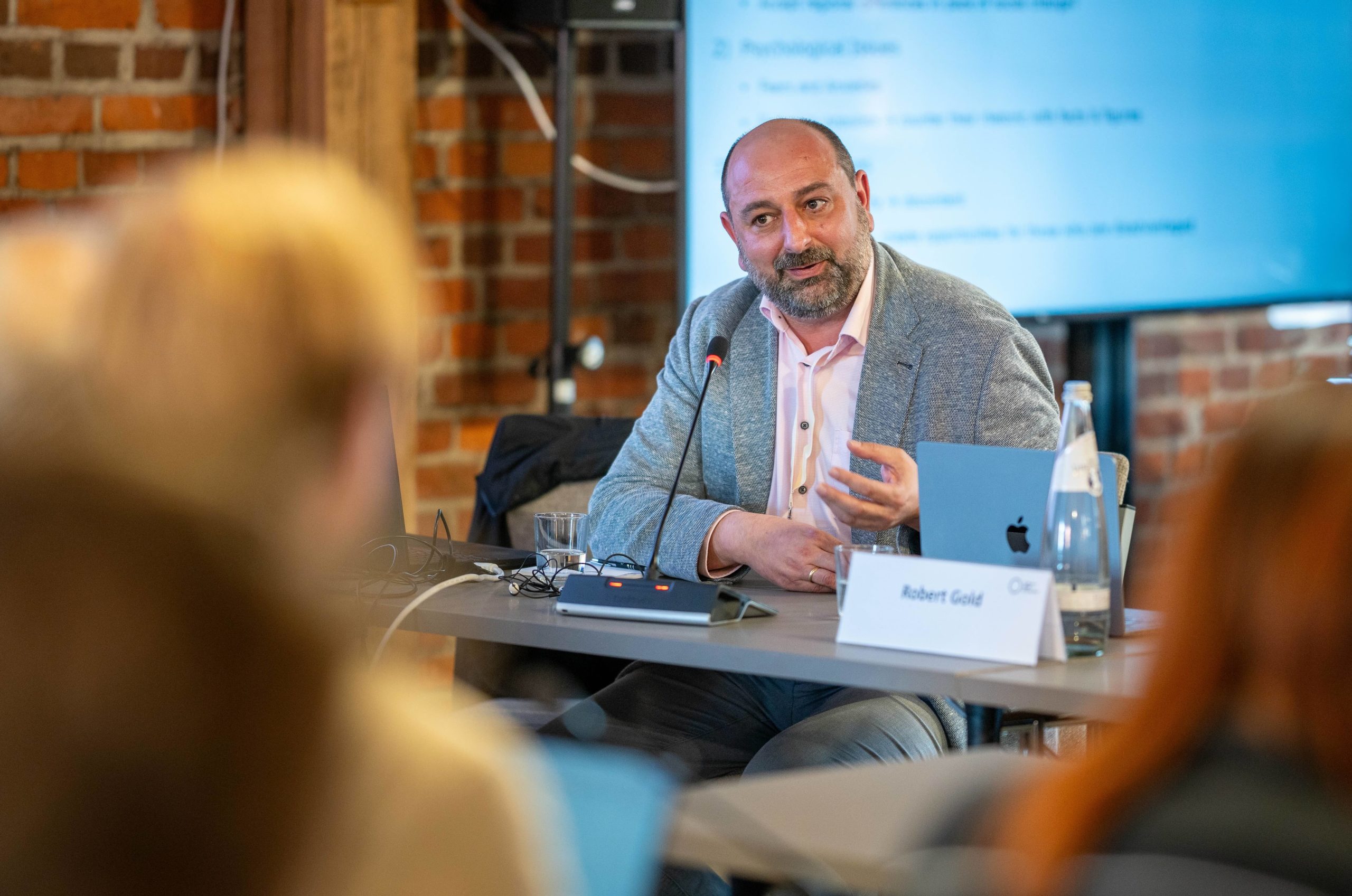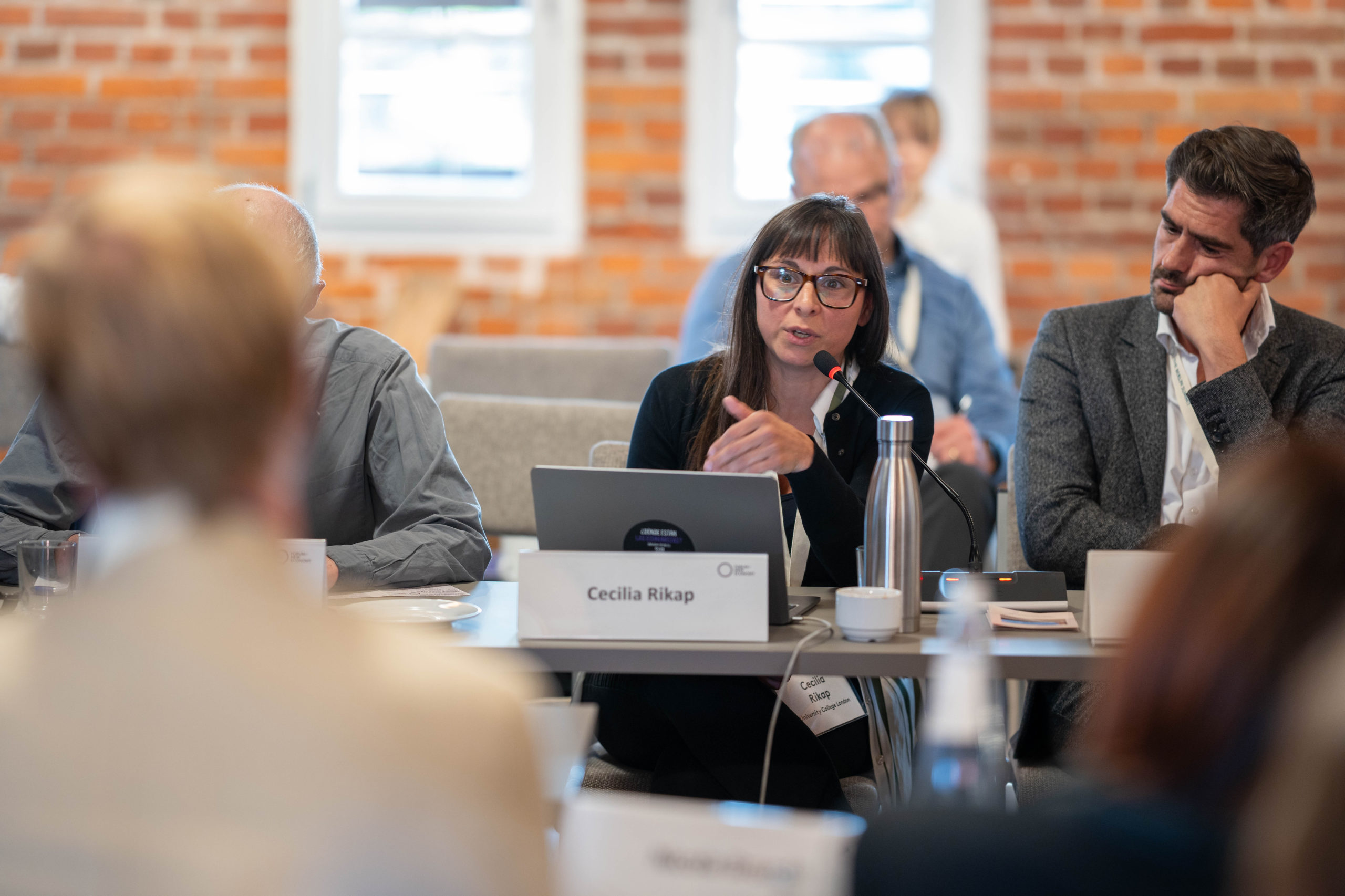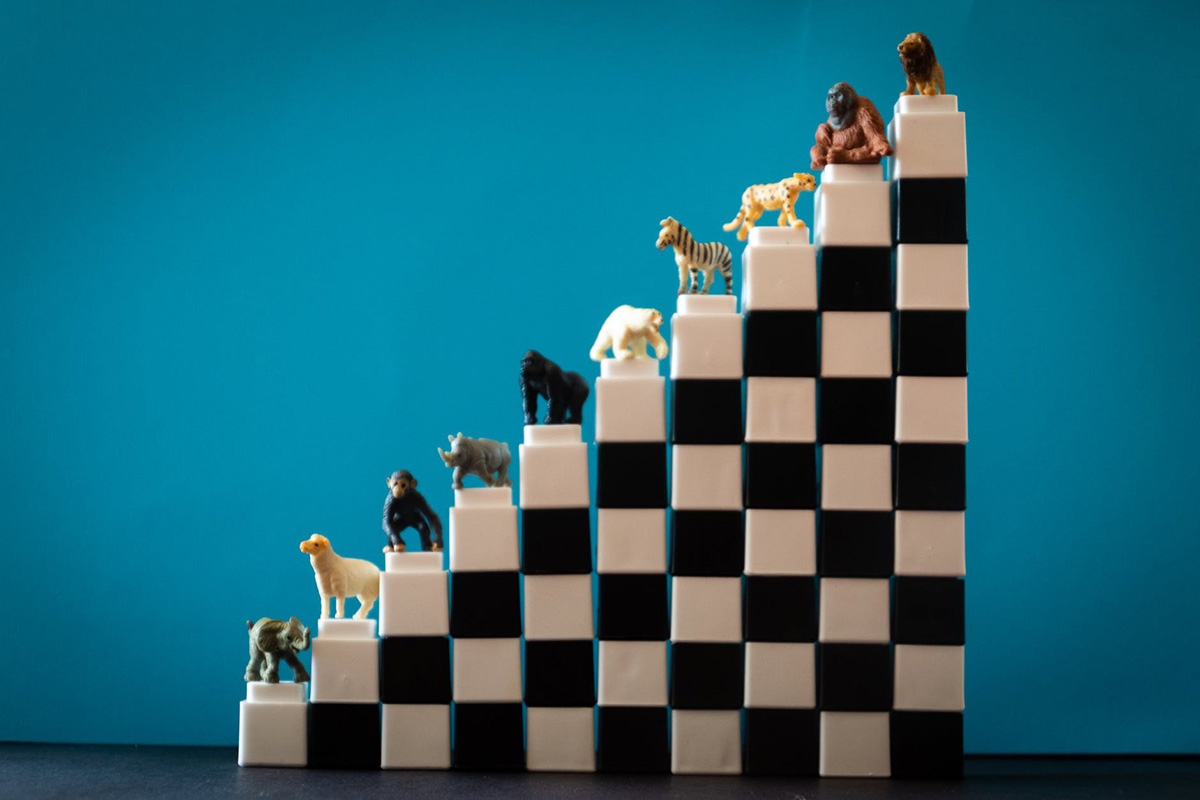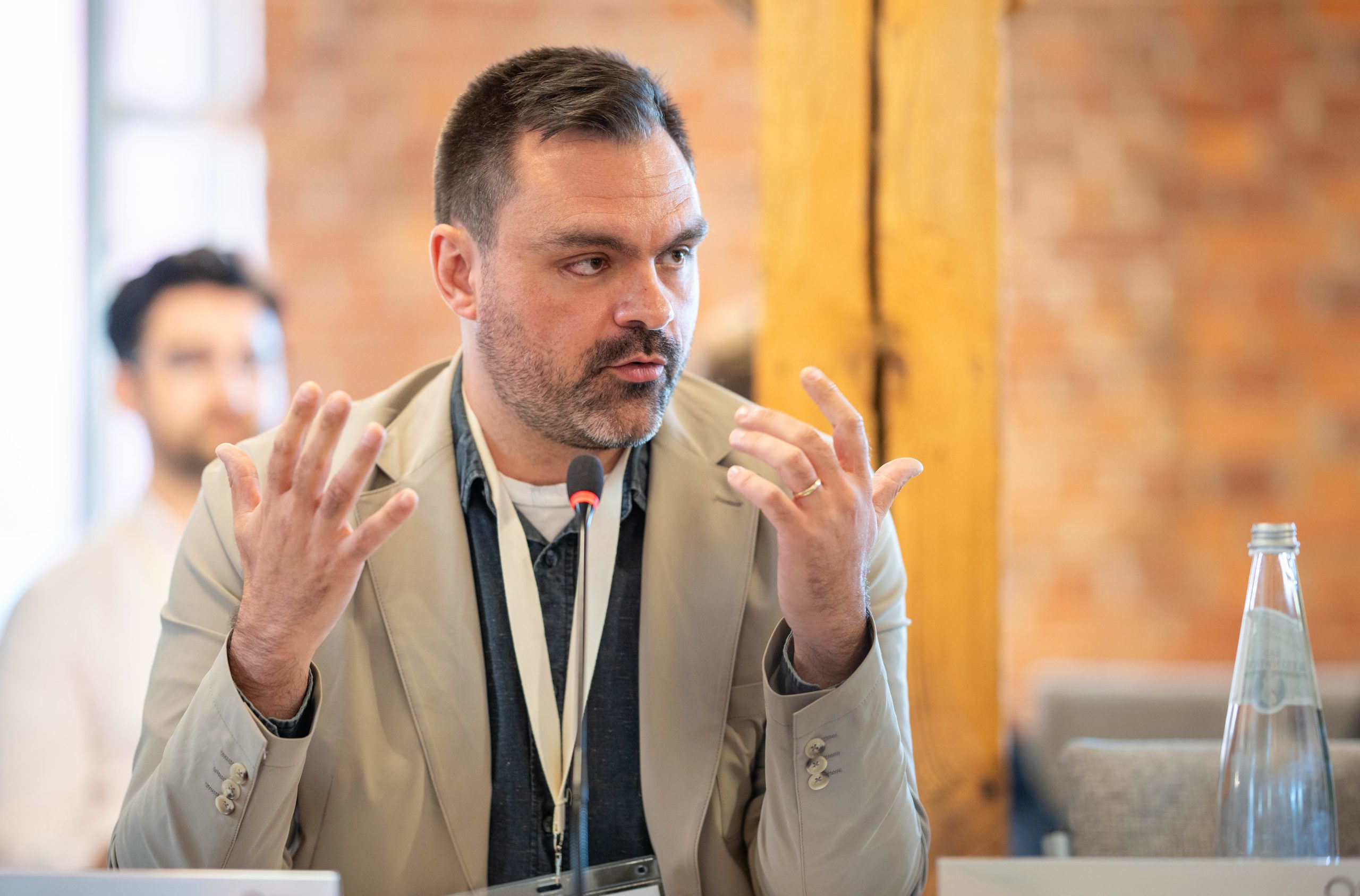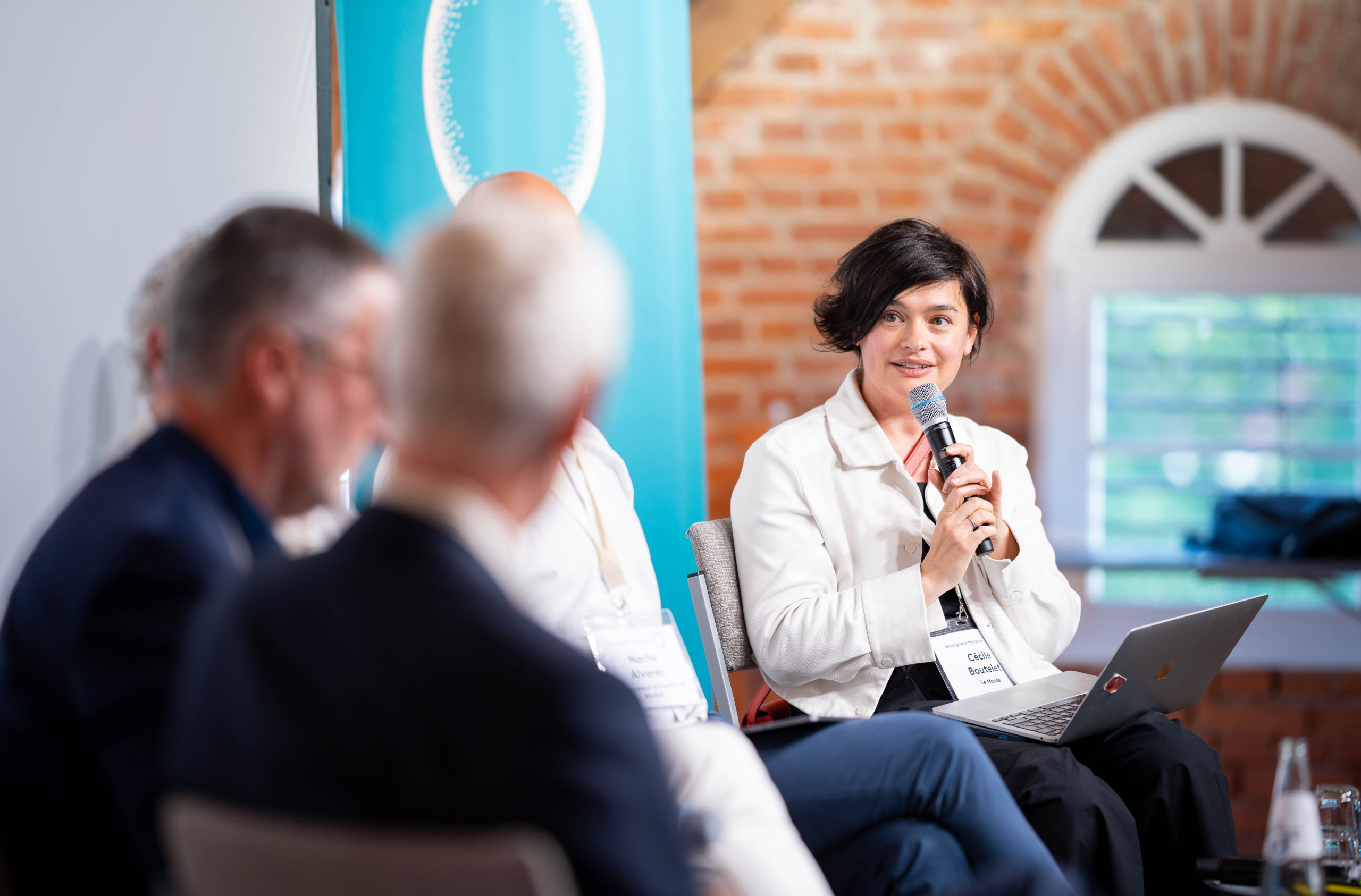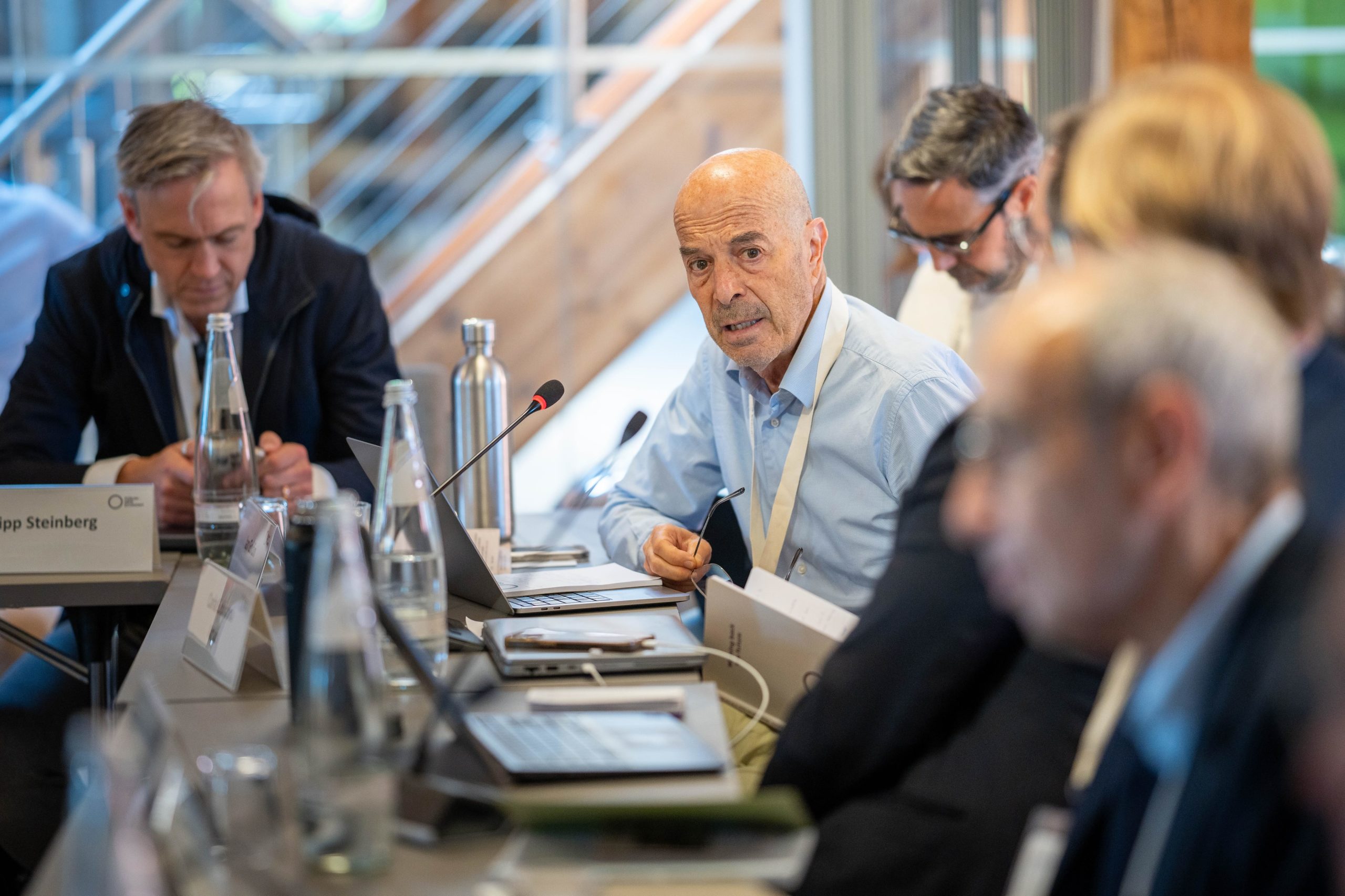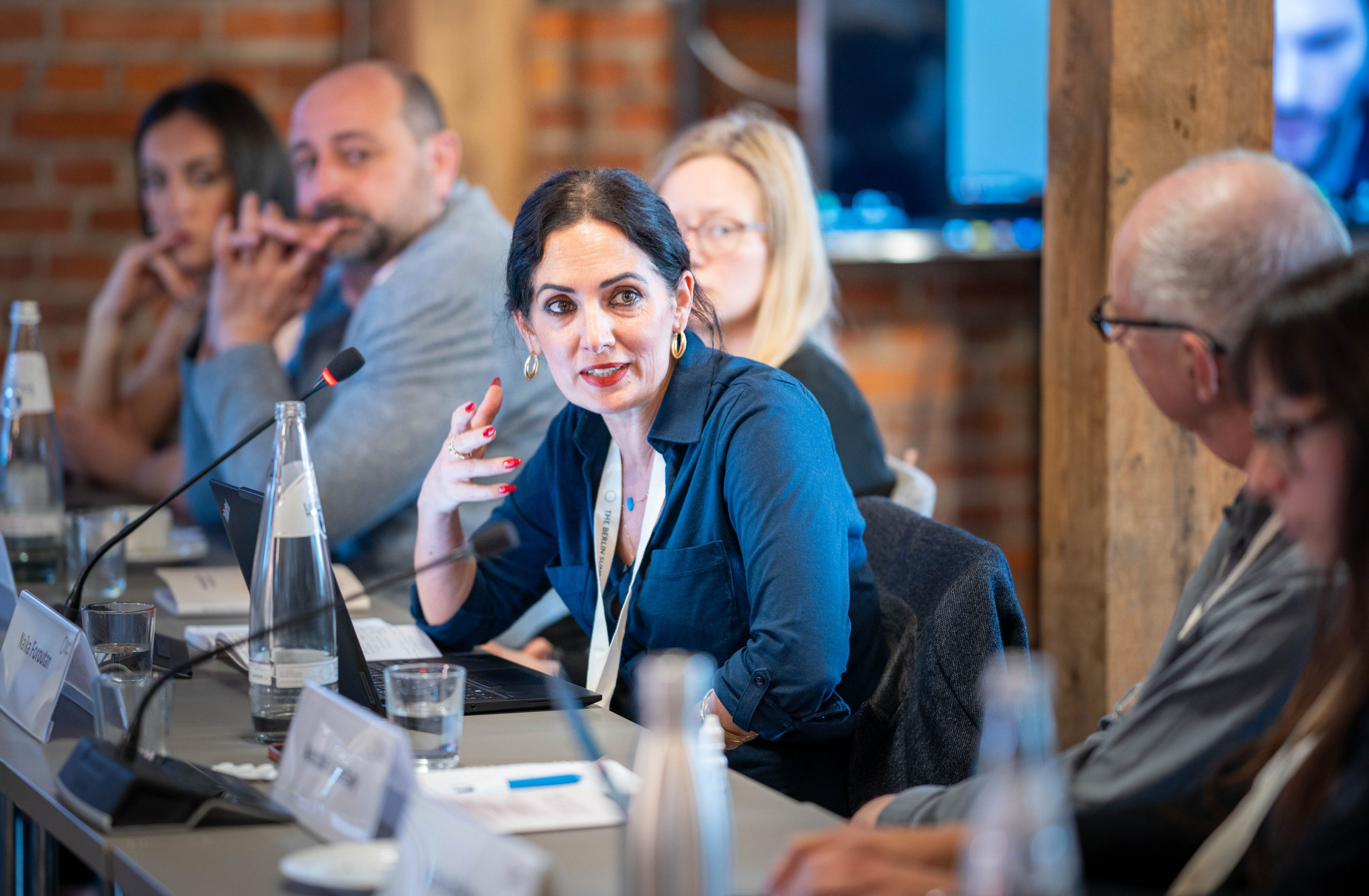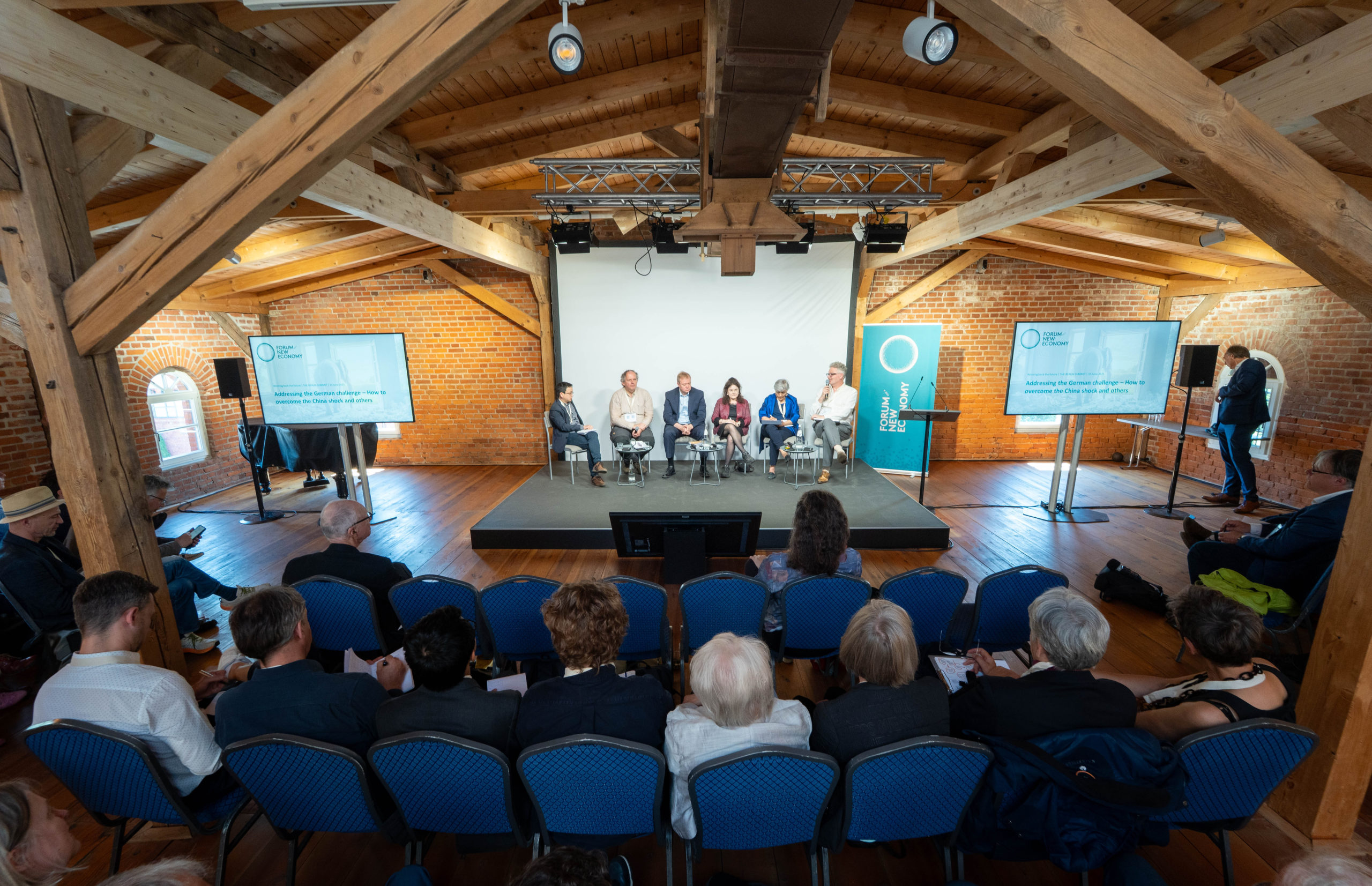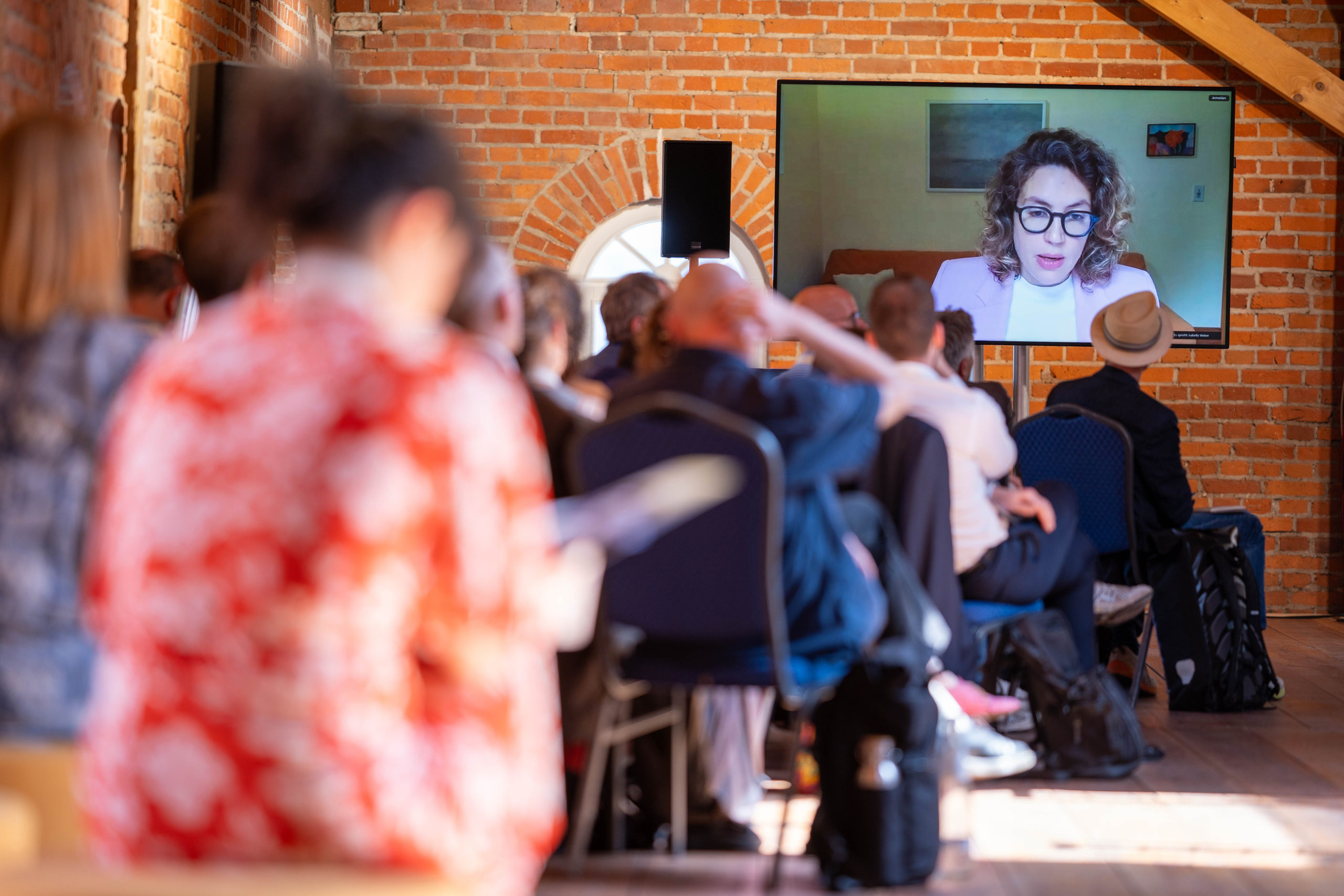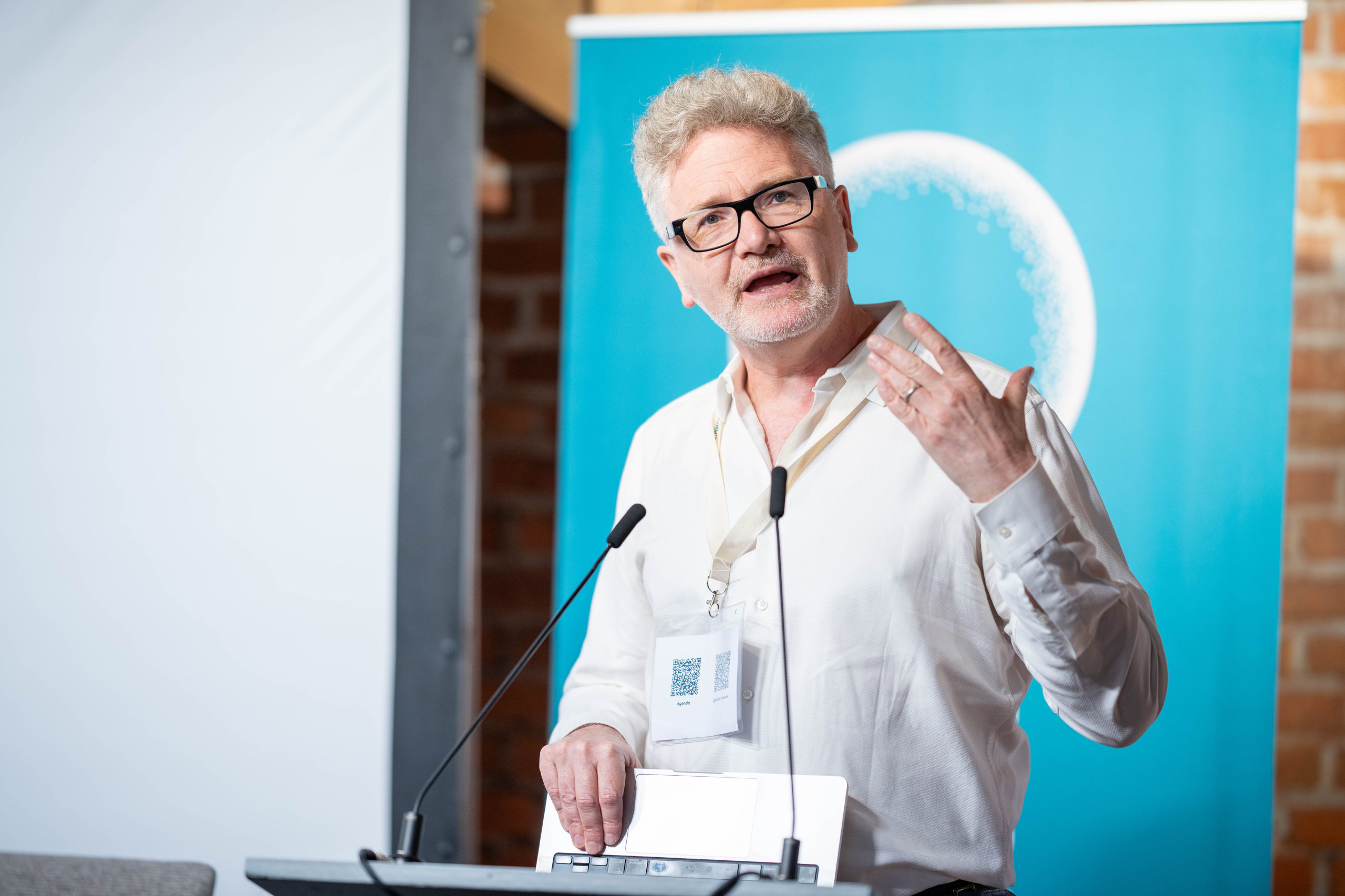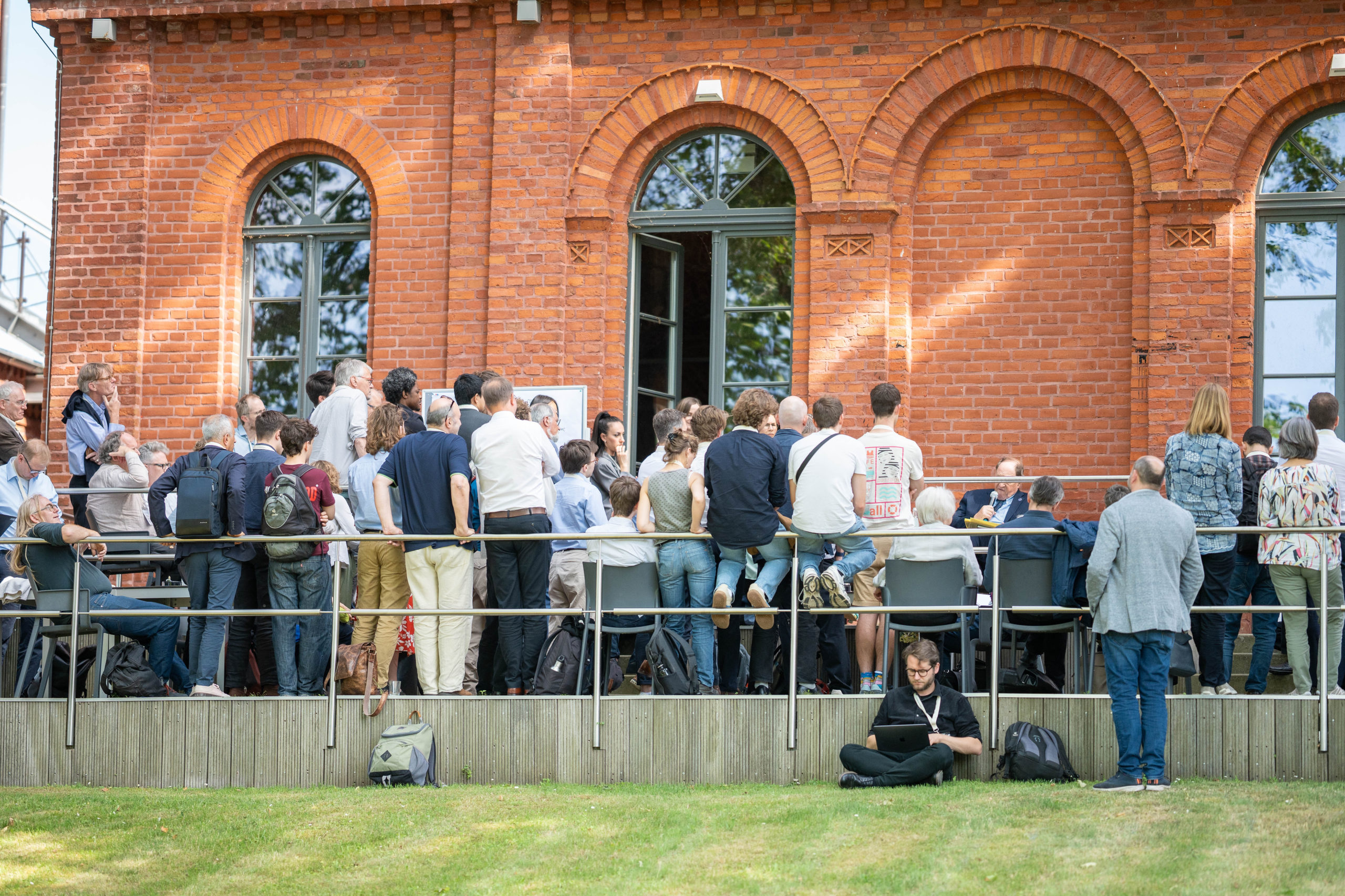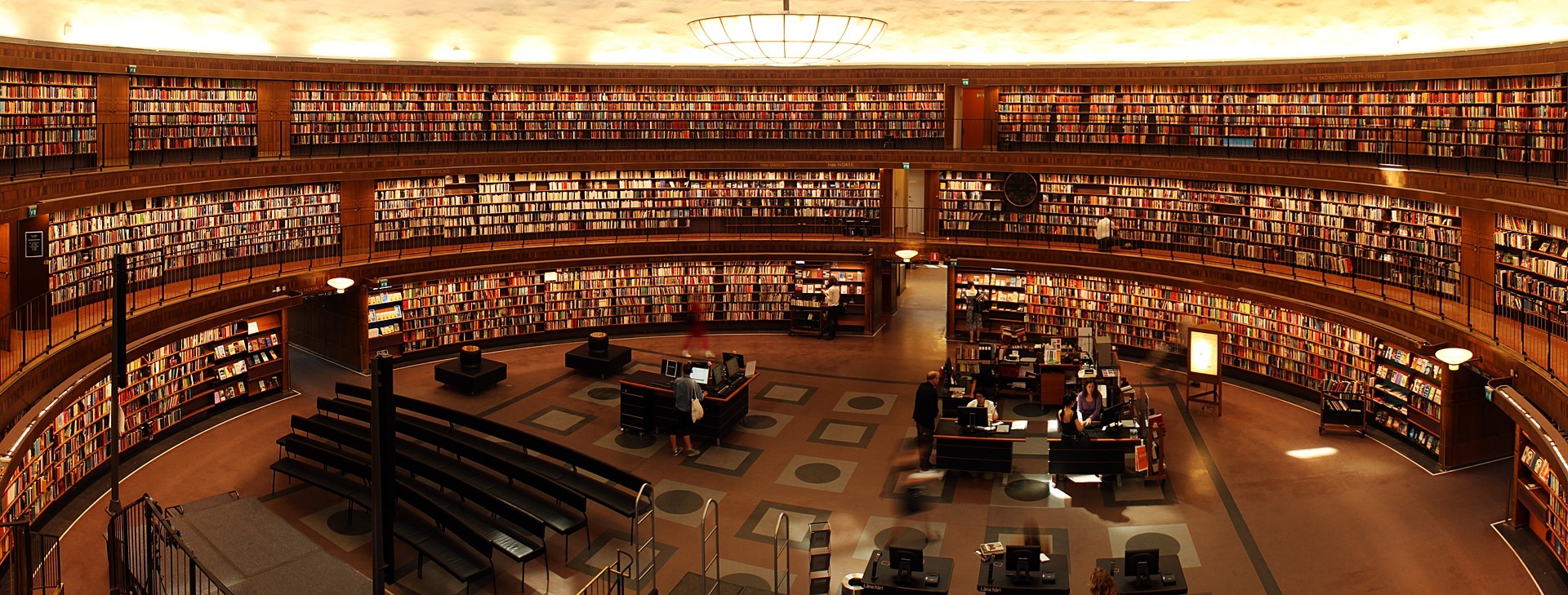






New Paradigm
NEW PARADIGM
After decades of overly naive market belief, we urgently need new answers to the great challenges of our time. More so, we need a whole new paradigm to guide us. We collect everything about the people and the community who are dealing with the question of a new paradigm and who analyze the historical and present impact of paradigms and narratives – whether in new contributions, performances, books and events.
LATEST NEWS
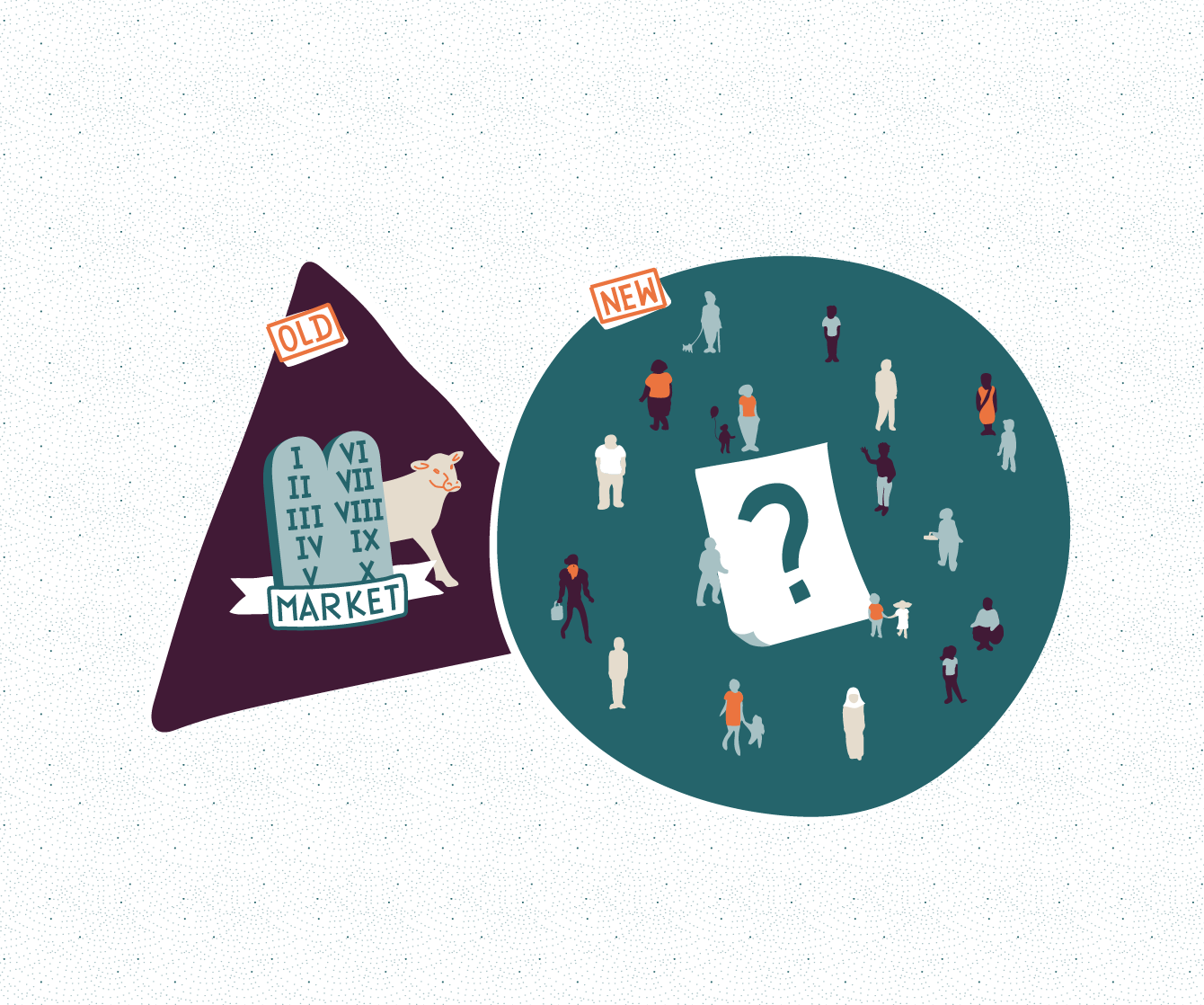
KNOWLEDGE BASE
NEW PARADIGM
The Crisis of a Former Paradigm
As a sign of a missing paradigm that holds societies together, liberal democracies today are facing their most serious crisis since World War II.
What Went Wrong
An ever-growing mountain of empirical evidence indicates that large parts of today’s crises are to be linked to the late effects and collapse of the market-liberal paradigm that has guided policymaking in most of the world since the 1970s.
New Economy in Progress
Since the critical financial crisis in 2008, the search for a new paradigm much more adequate than the former market-preference to rise to today’s challenges has accelerated. And, while a coherent new paradigm is not yet ready, a lot of new answers and actors have emerged.
IN-DEPTH CONTENT
Paradigm shifts in major global institutions
A major study on what has already changed in important institutions around the world since the high-time of market-liberalism.
Berlin orthodoxy? What do Germans really think
A poll among Germans reveals deep scepticism regarding economic orthodoxies officially defended in the country.
Starting a Berlin-based Forum to promote new economic approaches
Climate change, dangerously high inequality, unstable financial markets and the looming crisis of globalization – all these challenges require fundamentally new answers — by Thomas Fricke and Simon Tilford.


